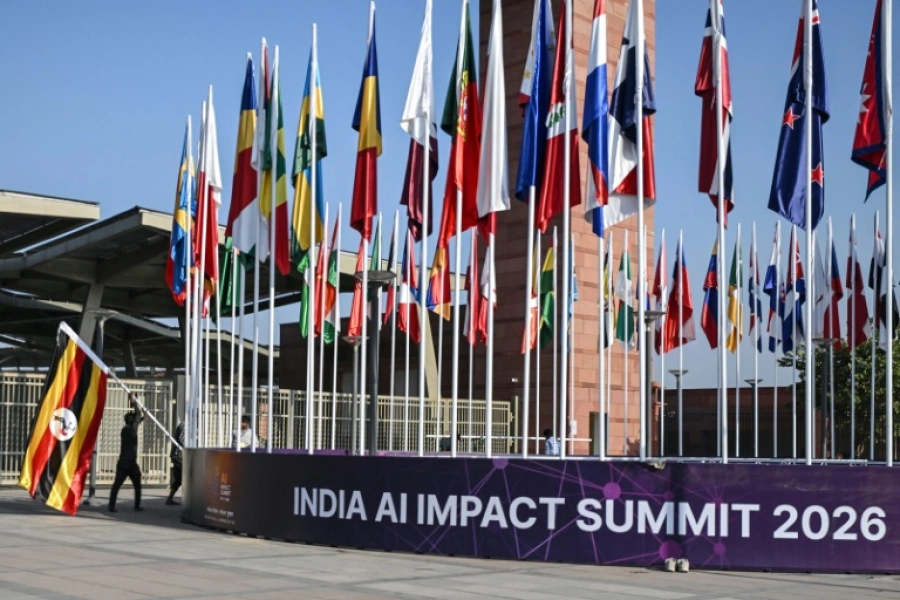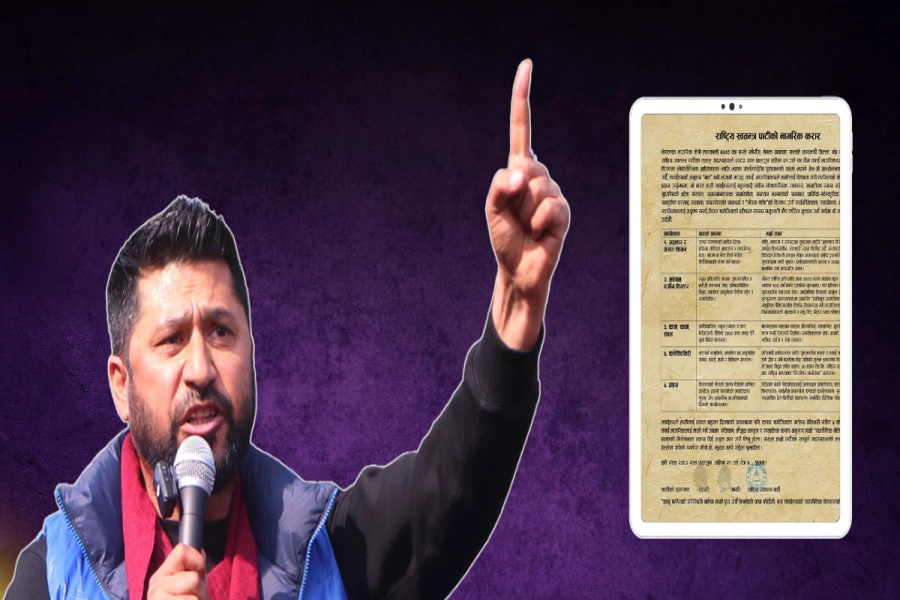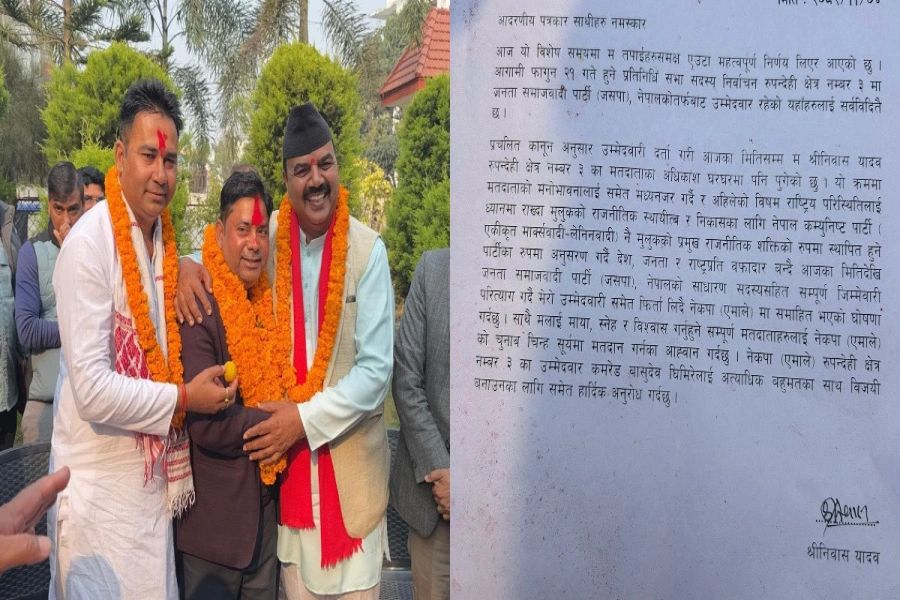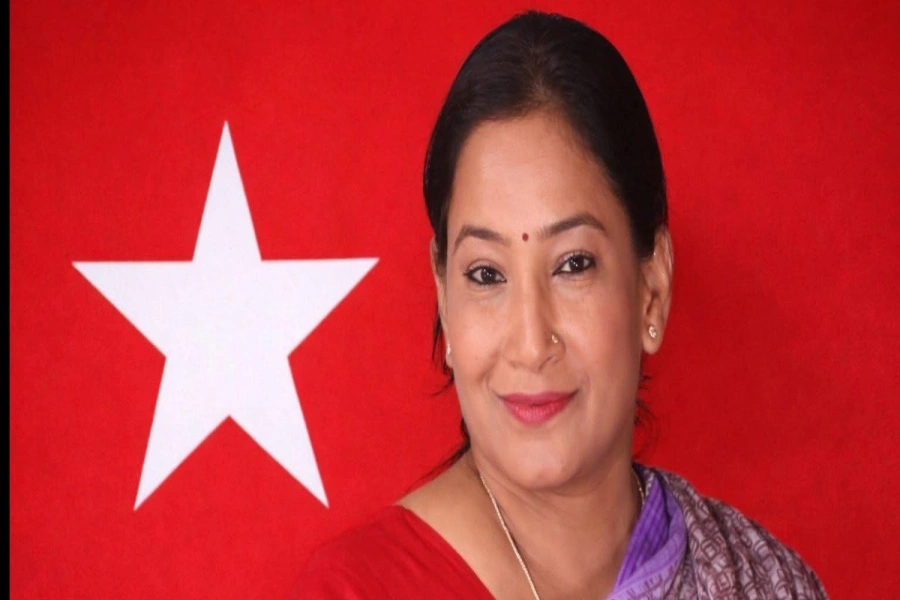In a historic and dramatic move, the South Korean parliament passed an impeachment motion against President Yoon Suk-yeol on December 14, 2024, sparking intense political turmoil. This decision comes after a turbulent period that included President Yoon’s failed attempt to impose military rule on December 3, an event that significantly escalated political tensions and ignited heated debates. The impeachment, supported largely by the opposition, has been celebrated by critics of Yoon as a "victory for the people."
After the vote, thousands of South Koreans took to the streets in Seoul, rallying both for and against the president. The unrest has revealed deep political divisions, with protesters voicing their dissatisfaction with Yoon’s leadership and their hopes for a change in governance. Addressing the nation after the vote, President Yoon acknowledged his impeachment and said he would "step down," but he did not apologize for his failed attempt at military rule.
The motion was passed in the National Assembly, which comprises 300 members, with 204 lawmakers voting in favor of impeachment, accusing Yoon of rebellion. Eighty-five members voted against, three were absent, and eight votes were invalid. As a result, Yoon has been suspended from office, and the Constitutional Court of South Korea has begun deliberating on the next steps. The court has 180 days to reach a decision, which, if it leads to Yoon’s removal, will make him only the second president in South Korean history to face successful impeachment.
Prime Minister Han Duck-soo, in a statement to the press following the vote, emphasized his commitment to ensuring stable governance, saying, "As the Prime Minister of South Korea, all my power and efforts will be dedicated to ensuring stable governance." However, with the impeachment now a reality, South Korea faces an uncertain political future.
The impeachment process was a significant challenge for the opposition, who needed at least 200 votes to pass the motion. They succeeded by convincing several members of Yoon’s own conservative People Power Party (PPP) to break ranks, securing the support of at least eight PPP lawmakers.
"This impeachment is a great victory for the people," said Park Chan-dae, leader of the opposition Democratic Party, after the vote. He emphasized that the forthcoming court decision would symbolize the South Korean people's enduring commitment to democracy and the principles of freedom.
PM Deuba’s defining moment

Democracy’s Ongoing Struggles in South Korea
The impeachment of President Yoon highlights the persistent challenges South Korea faces in maintaining its democratic system. While the country has made remarkable strides since the end of military rule in the late 1980s, recent events have exposed ongoing political fractures.
Yoon’s attempt to impose military rule and his handling of the national crisis in December alarmed many about the state of democratic governance. The failed coup attempt sparked widespread protests and criticism, both domestically and internationally, raising concerns about the erosion of democratic norms. These events were preceded by controversial political decisions that raised questions about the independence of South Korea’s judiciary and executive branches.
South Korea’s democracy, though resilient, continues to grapple with political polarization, corruption scandals, and the concentration of power within the executive branch. The impeachment of Yoon, while demonstrating the checks and balances of South Korea’s political system, underscores the deep divisions within the country. The court’s ruling on the impeachment will be a critical moment, influencing the future trajectory of democracy in South Korea.
In this moment of political uncertainty, South Korea must confront the challenge of balancing democratic ideals with the realities of political power. The outcome of this impeachment will not only determine Yoon’s future but will also serve as a litmus test for the strength and stability of South Korea’s democracy.
A History of Troubled Presidencies
South Korea’s history of presidential leadership has been marked by periods of political instability and controversy, from military coups to corruption scandals and impeachments, reflecting a continued struggle between democratic ideals and authoritarian impulses.
One of the earliest and most significant challenges came in 1961, when General Park Chung-hee led a military coup, establishing an authoritarian regime that lasted until his assassination in 1979. Despite his role in modernizing South Korea’s economy, Park’s rule was defined by political repression, restrictions on civil liberties, and the suspension of democratic processes.
After Park's death, his successors, including Chun Doo-hwan and Roh Tae-woo, continued to rule with a mix of military and civilian governance, facing significant resistance from pro-democracy movements. The 1980 Gwangju Uprising, in which government forces brutally suppressed a pro-democracy protest, became a symbol of this authoritarian era.
However, South Korea made significant progress towards democracy in the late 1980s. The June Democratic Uprising of 1987 led to the establishment of direct presidential elections, marking a shift to a more democratic political system.
Despite these advancements, South Korea’s modern democracy has been marred by corruption scandals and political turmoil. In 2017, President Park Geun-hye, the daughter of General Park, was impeached over a massive corruption scandal involving her close confidante. This marked the first time in South Korea’s history that a sitting president was removed from office through constitutional means, underscoring the ongoing challenges of corruption and governance.
The presidency of Yoon Suk-yeol, who took office in 2022, has added another chapter of turbulence to South Korea's history. Yoon’s administration has been plagued by accusations of undermining democratic values and his controversial attempt to impose military rule in December 2023. This led to widespread protests and eventually to the impeachment motion being passed by parliament, underscoring the fragile balance of power and the country’s ongoing democratic struggles.
These instances of troubled presidencies throughout South Korea’s history reflect broader struggles between authoritarianism and democracy. Each era has been defined by tension between governance and the people’s aspirations for freedom, justice, and transparency. Yet, despite these challenges, South Korea has continued to evolve as a democracy, with its political system remaining dynamic and responsive to the changing demands of its citizens.







































